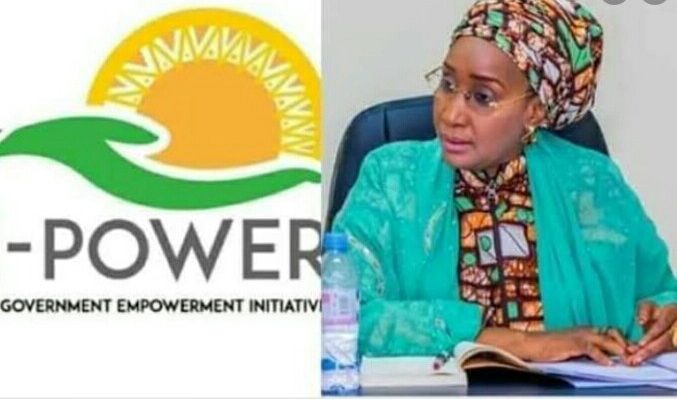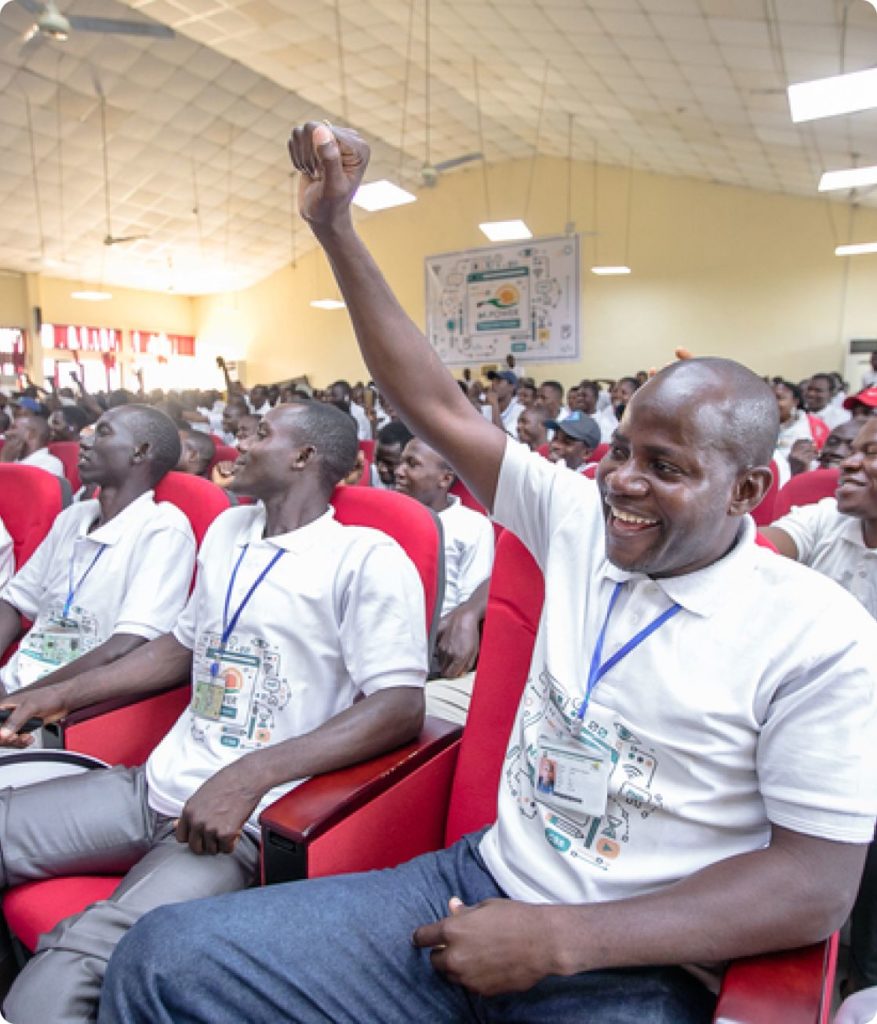FG affirm plans to institutionalize NSIP programs towards the future

N-EXIT: MINISTER HINTS ON TRANSITION PLAN
A Beneficiary Management System is to be introduced by the Ministry of Humanitarian Affairs, Disaster Management and Social Development to manage payments, address grievances and improve dissemination of information of the federal government’s Social Investment Programmes.
The Minister, Sadiya Umar Farouq made this known at the 4th Review of the National Home Grown School Feeding Programme NHGSF held today at NAF Centre Abuja.
She said that the Beneficiary Management System will enhance a unified database of all NSIP beneficiaries and a consolidated register for beneficiary payments as well as create and support legal frameworks to strengthen and sustain the NSIPs amongst others.
While enumerating action points and recommendations to improve the coordination, administration and implementation of the various Social Investment Programs, Umar Farouq also stated that consistent engagement with stakeholders including Focal Persons and Cluster Program Managers through meetings and other means of information dissemination have commenced among other proposals.
It is therefore my pleasure to inform you that we have heeded your recommendations and exceeded expectations. Since the programs were transferred, we have had continuous engagements with all State program officials and have assigned desk officers to each of the clusters within the Ministry, whom you have been liaising with for many months. The Ministry is also working with Federal and State MDAs to evolve policies that will support the institutionalisation of the social investment programs.
We have restructured the GEEP program and other NSIPs to align them with our mandate of providing fair focused social inclusion programmes to the vulnerable in Nigeria. In addition, the FCT has been included in the school feeding programme while Kwara State is rounding off its vendor selection process and is expected to commence feeding in the next few months.
The minister hinted that plans have been concluded for the exit and transition of the N-Power batches A & B through the creation of the N-EXIT portal, which will allow interested beneficiaries to sign up and access other Government empowerment opportunities.
The NHGSFP is to reach an additional 5 million pupils including children in non-conventional educational settings according to a directive by President Muhammadu Buhari.
Consequently, more collaboration with the Nutrition Society of Nigeria and other stakeholders to streamline nutritional guidelines and other critical aspects of the NHGSFP will be stepped up.
Earlier, the Special Adviser to the President on NSIPs Dr Mohammed Nasir Mahmoud outlined the problems facing the National Home Grown School Feeding Program.
This includes the COVID 19 pandemic, expired MOU Governance, weak Monitoring and Evaluation system Coordination at all levels, Data quality, Compliance with guidelines, Political environment in States and the feasibility of feeding each child at N70 per meal. In his remark, the Technical Adviser to the President and National Coordinator NSIP Dr Umar Bindir noted that absolute poverty was the bane of major problems in the country.
Absolute poverty has caused recruitment into Insurgency Operations, large pool of school drop outs and school children, kidnapping, banditry, drug addiction, communal challenges, political thuggery and General insecurity and lack of Peace.
Dr Bindir called on all stakeholders and partners to work hard towards the realization of lifting 100 million Nigerians out of poverty in the next 10 years.
In attendance were all the Focal Persons, Programme Managers and nutritionists in the 36 states and Abuja, Directors of the ministry and other partners.







Responses